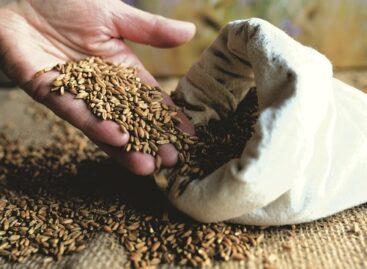UN World Food Programme Optimistic On Ukraine Grain Export Deal
The World Food Programme (WFP) said it was optimistic about a UN-brokered deal to reopen Ukrainian ports for grain exports but warned the agreement alone will not solve the global food crisis even if it is implemented effectively.

The current global food crisis is not a price crisis alone
Russia, Ukraine, the United Nations and Turkey signed a deal on Friday aimed at allowing safe passage for ships going in and out of three Ukrainian Black Sea ports that have been blocked by Russia since Moscow’s 24 February invasion.
Ukraine and Russia are major grains exporters and the port blockade has trapped tens of millions of tonnes of grain in the country. Along with Western sanctions on Russia, it has sent energy and food prices soaring, sparking protests in developing countries that depend on Black Sea grains.
The WFP itself has had to cut aid this year in key hunger hotspots like Yemen and South Sudan due to global inflation and critical funding gaps, both exacerbated by the Ukraine conflict.
Related news
Ukrainian Minister of Agriculture: Ukraine does not shy away from Poles checking the quality of its grain
🎧 Hallgasd a cikket: Lejátszás Szünet Folytatás Leállítás Nyelv: Auto…
Read more >Related news
40 secure jobs, sustainable solutions – new BURGER KING® in Csepel
🎧 Hallgasd a cikket: Lejátszás Szünet Folytatás Leállítás Nyelv: Auto…
Read more >








